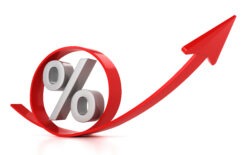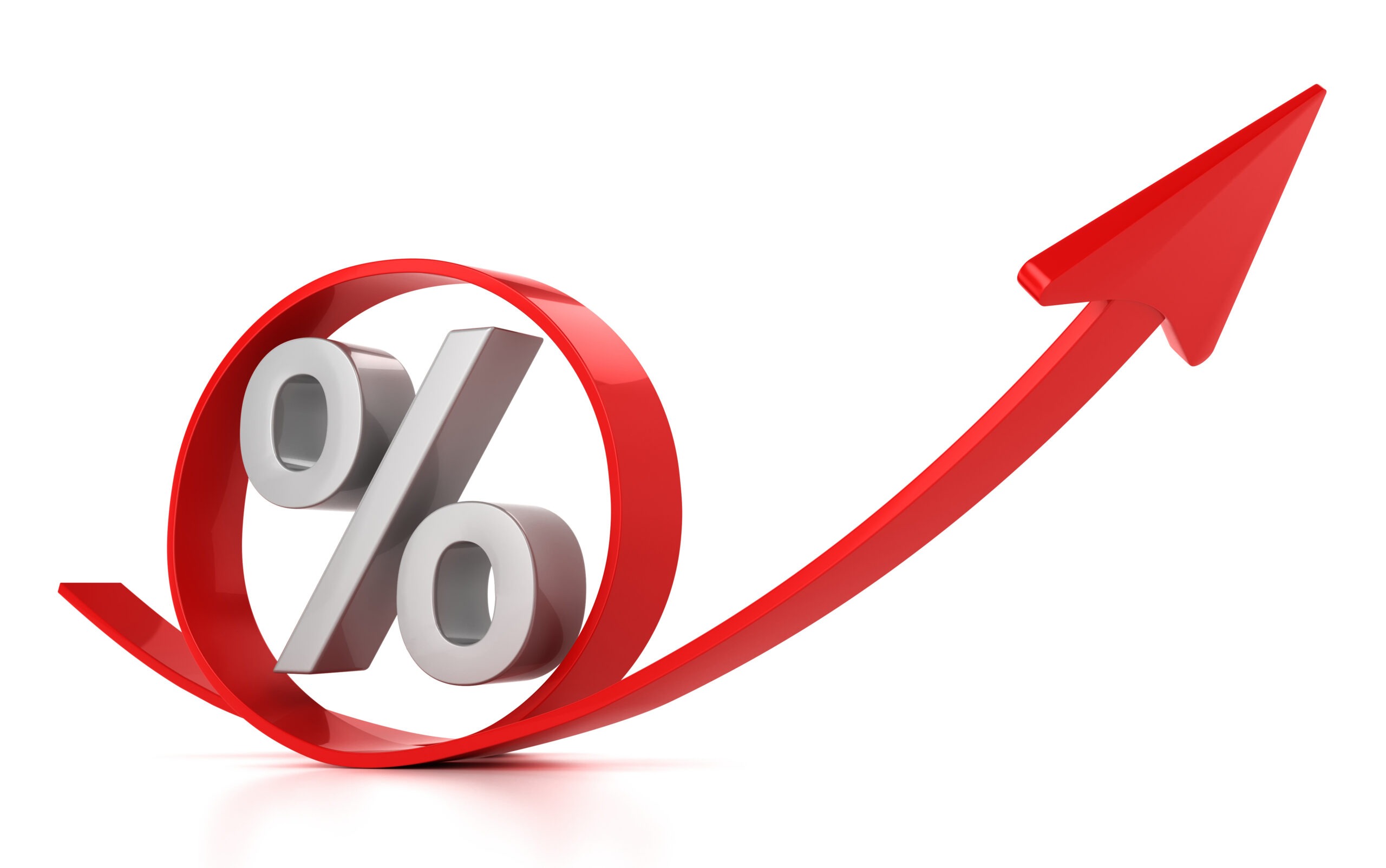
Your monthly IVA payments can increase. Although they are agreed at the start of the IVA, they are not fixed. They may go up if your circumstances change.
Included in this article:
- Can IVA payments increase
- What happens if your income goes up
- Will your payments increase if your living expenses reduce
- Could your IVA payments go down
In an IVA and need help? Give us a call (0800 077 6180) or complete the form below to speak to one of our experts
Can IVA Payments Increase?
If there is an improvement in your financial circumstances during your IVA, your payments could go up.
Rest assured, your creditors cannot simply decide they want you to pay more out of the blue. Once the Arrangement is agreed this amount is legally binding.
However if your circumstances change for the better your IVA company must review the amount you are paying.
When you agree to an IVA, you are committing to pay back as much as you can towards your debt. If your payments increase your IVA will not normally be paid off early. Your creditors will simply get a greater percentage of their debt back.
You should not worry about increases in your IVA payments. This will only happen if you can afford to make the change.
What Happens if Your Income Goes Up?
If you have had an increase in your income you must inform your Insolvency Practitioner (IP). They will then review your disposable income. If it has increased it is likely your ongoing monthly payments will also go up.
You will not have to pay all your extra income into your Arrangement. This would provide little incentive for someone to work hard and earn extra money. The IVA will usually take only 50% of the the extra disposable income you have as a result of the increase.
If the additional income incurs extra expenses these are also taken into account meaning the increase in disposable income may not be so large. For example a pay rise may involve additional working hours which result in extra child care costs.
One off extra payments such as a bonus or overtime are not treated the same way. You would always get to keep the first 10% of extra income in any month. However 50% of anything over this must be paid into the Arrangement.
Your IVA will only be paid off early if the increase in your payments results in you paying 100% of your original debt plus your IVA company fees plus interest of 8%.
Will your payments increase if your Living Expenses reduce?
Whilst you may not have an increase in your income, your IVA payment may still increase if your regular living expenses reduce for some reason. A good example of where this would happen is if you complete a car finance agreement during the arrangement.
Many IVAs are agreed on the fact that you know such a reduction in your expenses is coming. They are sometimes called ‘stepped IVAs’. They can be useful as they allow you to start the IVA with much lower contributions than would ordinarily be allowed.
If your living expenses reduce and you can afford to pay more into your IVA you must inform your insolvency practitioner (IP) of this straight away. They will expect you to increase your payments by 100% of the reduced expenditure.
Do not wait until your next annual review to tell your IVA company about an increase in your income or reduction in your living expenses. The change will be calculated from the date it happened and if you delay you will get into arrears with your new payments.
Could Your IVA Payments Go Down?
If your income falls or you have a material increase in your living expenses your disposable income may reduce. As such it may be possible for your IVA payments to be reduced. However this does not happen automatically.
Your IP will review your new income and expenses budget and any change in your disposable income. If reducing your payments to this amount will still generate a sufficient to return to your creditors it may be allowed.
Where a reduction in your monthly payments is agreed you must expect to give something back to your creditors in return. Normally the length of your IVA will be increased by 12 months to compensate them.
If you lose your job during an IVA the outcome will really depend on how likely it is that you will be able to get more employment and when this will be. Whether you receive a redundancy payment can also have an impact.
Your IVA company is unlikely to allow a reduction in your payments simply because the general cost of living has increased. Only specific increases such as a change in child care or an increase in rent or mortgage payment are normally considered.
Arrange a call with an IVA Expert
Privacy Policy
Your information will be held in strictest confidence and used to contact you by our internal team only. We will never share your details with any third party without your permission.



I’ve got an iva. I pay £200/mth with the next payment coming out on the 21st of this month. I’ve got bills coming out and can’t pay the 200. What can I do?
Hi Sharon
If you are suffering a short term problem (for example unusually high bills this month) you should contact your IVA company and ask for a payment break. This will allow you to miss the month’s payment and add it to the end of the Arrangement.
If the reason you are struggling is that you can no longer afford to pay your IVA at all this or any month then taking a payment break will not help. You will need to speak to your IVA company about reducing your payments permanently. This might be possible but it will normally come hand in hand with an extension of the Arrangement for an extra 12 months.
If you feel you cannot come to a sensible agreement with your IVA company you do have the option of stopping the IVA and using a different debt solution. If you would like to discuss your options please do not hesitate to contact us (0800 077 6180).
Hi, Do I have to pay the additional income I get each month or is it an option to pay the additional owed over the 10% all in one go after the annual review? Will my iva fail if it is not paid each month?
Hi Tim
This is a good question. My advise is you must inform your IVA company every month that you earn more than your agreed income (unless they have already told you that you do not have to). You can then discuss with them whether they would like you to have over the extra immediately or not.
Generally speaking I think most IVA companies will want the extra amount paid to them immediately each month. From their point of view this takes away the risk that you will have already spent the money by the end of the year and then can’t pay it.
I am pretty sure they would want you to do this if the amounts are large. However if the amounts are small perhaps they would see the sense in collecting it less regularly to keep down the costs of administration. That said you MUST discuss it with them and go with whatever they decide.
My husband and I started our IVA 2 years ago, since then we have both received pay increases, leaving our current monthly payments twice as much as they were originally.
When we work it out, the end figure we will have paid will actually be higher than the original debt. Is there a cap as to how much we should pay monthly?
Thanks
Hi Becki
There is no cap on how high your payments can go. The only cap with an IVA is how much you will have to pay in total. The maximum you will be asked to pay is the total of your original debt + the IVA company fees + interest at 8% pa on your total debt from the IVA start date.
Given this you can see that if your income increases during an IVA it is certainly possible that you could end up paying way more than the original debt you owed. Your IVA company will be more than happy to take this from you.
In these circumstances you could consider cancelling your IVA and repaying your debt using a debt management plan. This way you should only have to pay the total of the original debt. However this will need careful consideration.